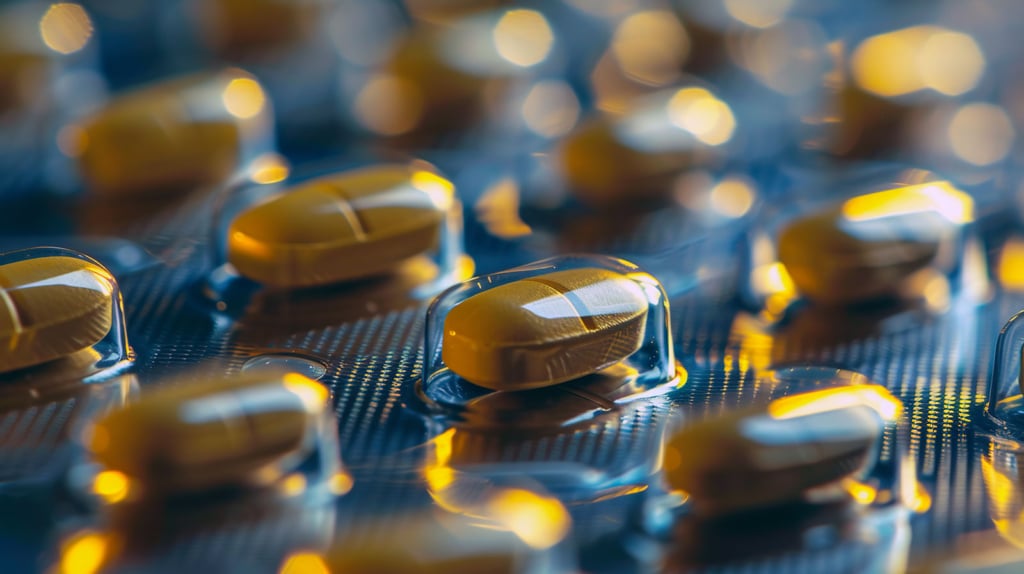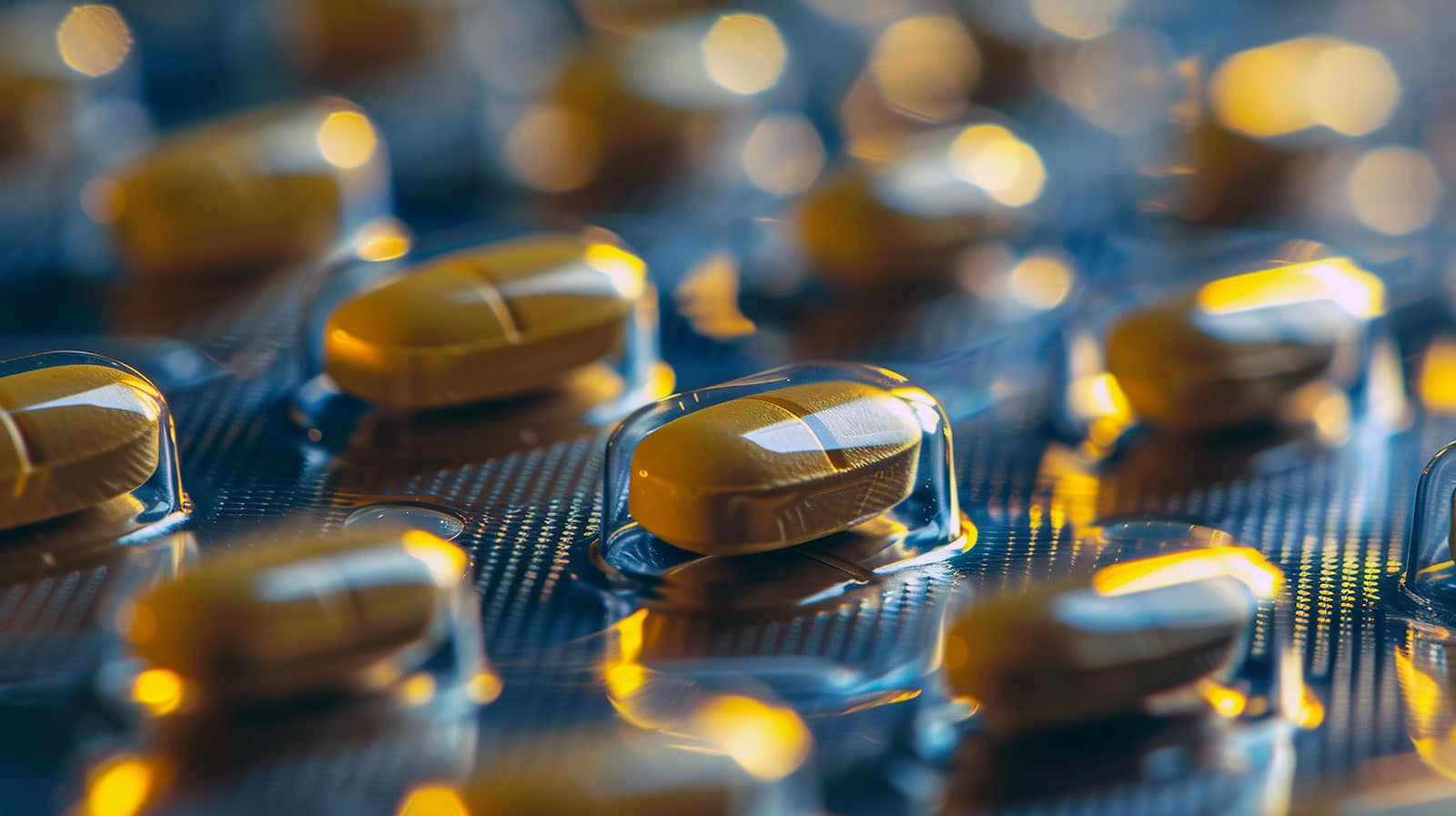In our society, depression has become a true scourge. For example, by 2021, 19.6% of New Jersey’s adult population had been diagnosed with depression: 21.5% of women and 14.9% of men. And, most likely, many other people suffered from depression that was never diagnosed.
Fortunately, effective treatments for depression are readily available. At the same time, however, depression treatment can sometimes cause new health issues.
To be more specific, prescription antidepressant medications can sometimes lead to an addiction.
Table of Contents
What Is Depression?
Medically speaking, depression is classified as a mood disorder. It can cause powerful and ongoing emotional pain, and it can make people feel alienated from their own lives and from the world around them.
As a result, patients who have depression can become socially isolated, and they often feel worthless. In addition, a person suffering from depression might experience strong and recurring suicidal thoughts.

This disorder can have serious physical consequences as well. That is, it can cause fatigue, major appetite changes, and sleeping disruptions. It can lower a patient’s energy levels, too.
Depression is more common in women than men. Even so, it afflicts people of every gender, age, race, and ethnicity.
Nevertheless, depression is almost always treatable. Therefore, if you suspect that you might be depressed, you should undergo a professional screening as soon as you can.
In general, depression is treated through counseling, therapy, medications, or a combination thereof.
While these methods are typically effective, one problem is that antidepressant medications can sometimes be addictive. And antidepressant addiction can be a serious issue all on its own.
Types of Antidepressants
Antidepressant medications come in several main categories. Here are a few of the most common:
-
- Selective Serotonin Reuptake Inhibitors (SSRIs)
SSRIs such as Prozac and Cipralex are prescribed the most often. That’s because they’re very safe to use. They come with mild side effects and a low overdose risk.How do SSRIs work? They prevent nerve cells from absorbing a neurotransmitter called serotonin. Thus, there’s more of this chemical within a person’s brain. And, with higher levels of serotonin, a person usually feels better overall. (Serotonin is involved in regulating moods, feelings of happiness in particular.)
- Selective Serotonin Reuptake Inhibitors (SSRIs)
-
- Serotonin and Norepinephrine Reuptake Inhibitors (SNRIs)
SNRIs work on the same principle as SSRIs: They prevent nerve cells from reabsorbing serotonin as well as another neurotransmitter called norepinephrine. And, with more of these chemicals in the brain, a person will probably feel happier, less anxious, and more energetic.Effexor and Cymbalta are two SNRI brand-name drugs.
- Serotonin and Norepinephrine Reuptake Inhibitors (SNRIs)
-
- Tricyclic Antidepressants (TCAs)
TCAs such as Elavil and Tofranil likewise block serotonin and norepinephrine absorption in the brain.Unfortunately, though, TCAs can interfere with other brain chemicals in unhelpful ways. Consequently, a patient might face severe side effects like blurred vision, sexual dysfunction, weight gain, confusion, dizziness, or a rapid heartbeat.Due to such dangers, doctors typically prescribe TCAs only when other antidepressants don’t seem to be working for a patient.
- Tricyclic Antidepressants (TCAs)
-
- Monoamine Oxidase Inhibitors (MAOIs)
MAOIs such as Nardil and Parnate are usually the last antidepressants that a doctor would prescribe. Yes, they’re typically utilized only when all other treatment possibilities have failed.Among the oldest antidepressants on the market, these drugs block an enzyme in the brain called monoamine oxidase. In doing so, MAOIs prevent that enzyme from breaking down certain neurotransmitters. And once again, with higher levels of those neurotransmitters, a patient will feel happier and more energized.
- Monoamine Oxidase Inhibitors (MAOIs)
Are Antidepressants Addictive?
For sure, antidepressants are not the most addictive types of medications. Opioids, to take one example, bring about a much stronger and much more dangerous dependance.
In part, antidepressants aren’t as addictive because they don’t give people euphoric sensations. Thus, patients rarely experience powerful cravings or extreme withdrawal symptoms when they stop taking these drugs.
When people become addicted to antidepressants, it tends to be more of a psychological dependence. For instance, some patients might fear that, if they stop taking such a medication, they’ll experience a depression relapse.
Nevertheless, all forms of addiction can be dangerous, and they all need to be taken seriously. Indeed, some patients will start taking higher antidepressant doses than their prescriptions call for. Others will keep taking these medications after their prescriptions expire. And misusing prescription drugs always presents hazards to a person’s health.
The Effects of Antidepressant Addiction
Even if someone’s antidepressant addiction is more of a psychological than a chemical dependence, it can still have harmful effects. In fact, this type of addiction often gives rise to violent mood swings, social isolation, and dereliction of responsibilities.
Plus, when someone who’s addicted to antidepressants stops taking them, withdrawal symptoms can occur. Although these symptoms are usually mild — at least when compared to many other drugs’ withdrawal symptoms — they can still cause pain, discomfort, and stress.
Common antidepressant withdrawal symptoms include fevers, aches, nausea, and profuse sweating. In short, they might make you feel like you have the flu. On top of that, antidepressant withdrawal can cause emotional problems: anxiety, irritability, and aggressiveness among them.
Treating Antidepressant Addiction
Do you think you might have an antidepressant dependence? If so, it’s important to see a specialist for a thorough evaluation.
If it turns out you do have this addiction, your screening will determine how strong it is. It will also tell you if you’re dealing with any other addictions or mental health disorders.
After your screening, your treatment professionals can put together a customized plan of action. Your unique treatment journey may involve a combination of behavioral therapies, group counseling sessions, and careful supervision as you start to live your life without the antidepressant.
It’s possible that an antidepressant addiction treatment plan would include professional detoxification. That’s when healthcare providers give patients the drug they’re addicted to in doses that keep shrinking. That way, withdrawal symptoms are less severe, and a person will become less dependent on the drug as time goes by.
However, antidepressant addiction treatments usually don’t involve detox. That’s because these addictions are more psychological than chemical.
On the other hand, to overcome an antidepressant addiction, you’d likely undergo psychotherapy. Psychotherapy involves meeting with a highly trained counselor on a regular basis. During your sessions together, you’d discuss your life and your recovery journey as well as the challenges and successes you experience along the way.
Throughout this therapy, you’ll likely learn a great deal about yourself, your emotions, your thought processes, and the root causes of your addiction. You’ll also master various strategies for dealing with cravings, temptations, and setbacks.
Cognitive Behavioral Therapy and Dialectical Behavior Therapy
Two major types of psychotherapy are cognitive behavioral therapy (CBT) and dialectical behavior therapy (DBT).
In essence, CBT focuses more on concrete causes and effects. For example, this therapy examines how certain specific thoughts lead directly to certain specific behaviors. And it helps patients transform unhelpful thoughts into helpful ones, resulting in actions that are healthier and more beneficial. Patients usually undergo CBT for about six weeks to five months.
For its part, DBT takes the long view. It looks at people’s overall emotional makeup as well as their entire network of relationships. By doing so, DBT helps patients to understand and accept their emotions, and it lets them repair harmful patterns of behavior.
Because these subjects are so extensive, patients see DBT specialists for longer periods of time than CBT specialists. Indeed, DBT programs can sometimes take years to complete.
Reclaiming Your Life
If you live in New Jersey and find yourself battling an addiction, know that you’re not alone. The Garden State is home to many outstanding addiction hotlines, treatment centers, and support groups. And NJ Addiction Resources serves as an important hub of information, one that can help you find a treatment program that’s just right for you.
Finally, in all of this, remember that the sooner you seek help for addiction, the less painful and protracted your road to recovery will be. You’ll be able to reclaim your life and rediscover your joy all the faster.

